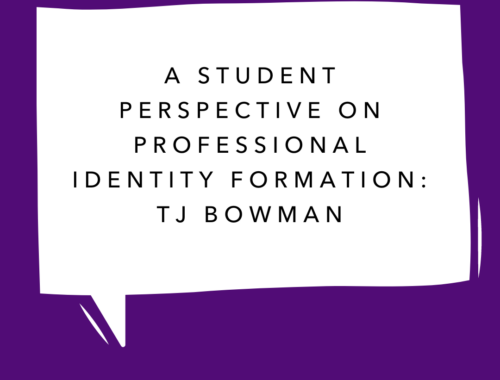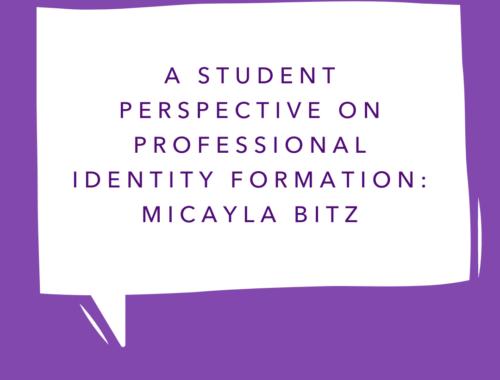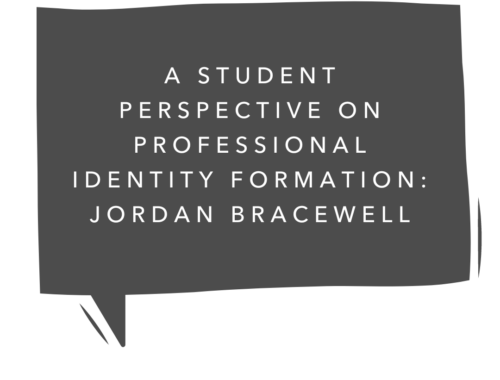By Nazeefa Nezami, University of St. Thomas School of Law 1L
Reflecting on the recent Iftar dinner at the University of St. Thomas School of Law, I find myself deeply moved by the powerful impact of the speakers’ words. Hosted by the Muslim Law Student Association, the dinner was a beautiful event where school administration, faculty, staff, alumni, students, and members of the community gathered together to celebrate iftar, enjoy a meal, and engage in meaningful conversation. It was a gathering of diverse voices, each eloquently highlighting the profound significance of Islamic identity and its influence on our paths as legal professionals and law students.
For those unfamiliar, Ramadan is the ninth month of the Islamic lunar calendar, observed by Muslims worldwide as a month of fasting, prayer, reflection, and community. During Ramadan, Muslims fast from dawn until sunset, abstaining from all food and drink. Iftar is the meal eaten after sunset to break the fast, often starting with dates and water followed by a larger meal. As law students, navigating Ramadan can present unique challenges, but events like this dinner serve as a powerful reminder of the values our faith instills in us and how it shapes us as aspiring legal professionals.
In his opening remarks, Professor Thomas Berg of St. Thomas emphasized the inclusive nature of communal meals and the fundamental importance of caring for one another. Ramadan, he reminded us, teaches us empathy and compassion, urging us to recognize and alleviate the hunger of those less fortunate, support the vulnerable, and engage in acts of charity—a concept echoed across various faith traditions, including Christianity, Judaism, and others.
Augsburg University professor Najeeba Sayeed, the event’s keynote speaker, beautifully articulated the intersection of faith and professional life, portraying Ramadan as a symbol of discipline and resilience. Her message challenged us to confront injustice, even when it may strain our personal relationships, emphasizing that true justice requires standing up for what is right, regardless of the cost. Integrating our faith identity with our professional identity as lawyers isn’t just beneficial; it’s essential. These aspects of our identity aren’t separate but rather interwoven, enriching and guiding our actions in the legal realm.
As we reflect on the shared experiences of Lent, Passover, Ramadan, and Eid, we recognize the themes of discipline, sacrifice, resilience, and caring for others that unite us. The University of St. Thomas School of Law is committed to nurturing the holistic identity of its students, fostering an environment that values authenticity and embraces diverse faith traditions. It’s through this support that students remain grounded in their values as they embark on their legal journeys, equipped to make a meaningful difference in the world.

Nazeefa Nezami is a 1L at the University of St. Thomas School of Law. She serves as a class representative and is a research assistant for Professor Greg Sisk.



